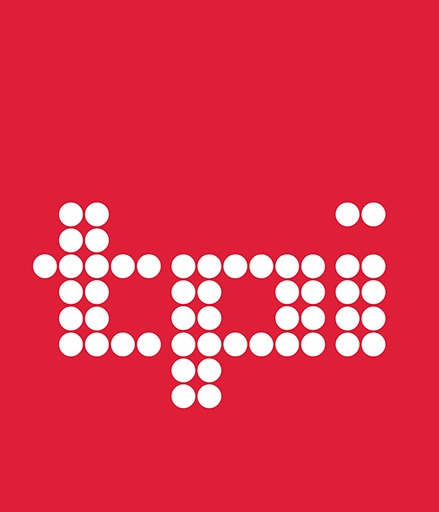At the end of 2019, after three years constantly on the road, Danish Show Designer, Peter Fisker of HeCameToEat wanted to spend a bit more time at home. Fortuitously, a part-time teaching post became available at EUC Nord in Frederikshavn, who needed a tutor for the lighting module of their well-known and respected Event Technician’s course.
The college administration asked if he was interested in applying, and he jumped at the chance as this would enable him to stay home part of the year whilst also retaining the flexibility of touring and lighting shows via his design company, HeCameToEat.
The vocational Event Technician’s course allows rental and event production companies, music, and theatre venues, etc. to take on trainee technicians who work at their companies and learn the theoretical, practical and creative skills needed to master the craft over a four-year period … with an emphasis on multi-skilled tasking and being able to juggle many balls in the air simultaneously. They also learn to be part of a hardworking team with long hours, plenty of pressure and little time off!
As part of the scheme, they attend the EOC Nord college for a 10-week block each year. Having started teaching in January, with the summer ahead already filled with touring shows and concerts after the teaching ended in early June. At that point, like everyone, he had no idea of how much the world would change in a few short months.
Fisker inherited an existing lighting curriculum but immediately updated the classes on networking and utilising ArtNet, sACN and RDM with help from what he could find online, information from their suppliers and his own knowledge, and likewise with some of the working procedures on the lighting desks. “It’s very important that the students have a good sense of how to do a proper tour prep, so I’m trying to get up and running with all kinds of showcases in our own working studio. Technology and practices are constantly evolving in our industry, so it’s vital to be up-to-date.”
As the COVID-19 pandemic unfolded, Denmark was the first in Europe to fully lockdown and all students were sent home mid-March as the teaching shifted to being online. Fisker’s 10 2020 finalists were allowed back on site in Frederikshavn in early May, with extra precautions and social distancing as the Danish government cautiously started re-opening their country, having steered a very effective response to COVID-19. “One challenge I found with with working online is that you can’t see, feel and gauge people’s reactions in the same way when they are behind a webcam, so in a case where someone doesn’t understand what you’re saying, it’s a lot harder to instinctively know.” Another was adapting material made for practical teaching to online. “After this, I think the students are pretty good at recording iPhone videos of their homework!”
In addition to the 10 finalists, he has also been remotely teaching around 50 first and second-year students. The finalists are sitting a 4-hour written exam – set by Fisker – and delivered a practical project in the form of a show / event at the end of May in a real venue. The college has its own performance space and works in conjunction with several venues around the city.
This year, seven of the 10 finalists used Robe moving lights in their show designs – mainly MegaPointes, LEDBeam 150s and Spiiders. This reflects the very strong presence of Robe in the Danish live show and event market, much of this down to the proactivity of Herning based distributor, Light Partner.
For the shows themselves, fixtures are sourced from the school’s in-house lighting rigs plus assorted rental companies. “Each of these physical lighting design / show projects has a budget, and as part of their understanding of the production process, students also have to demonstrate that the money is efficiently spent,” he concluded. “Their enthusiasm, energy and willingness to learn is very inspiring.”


